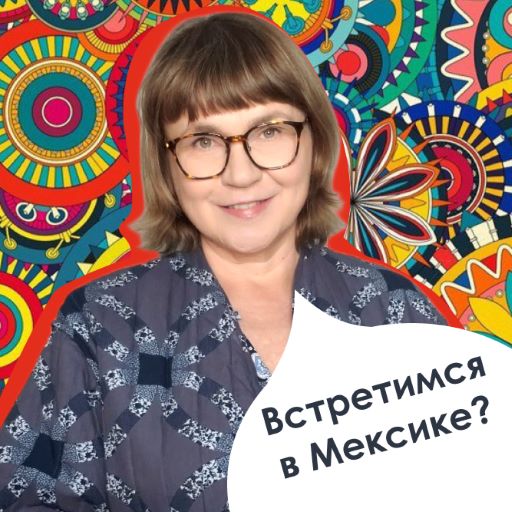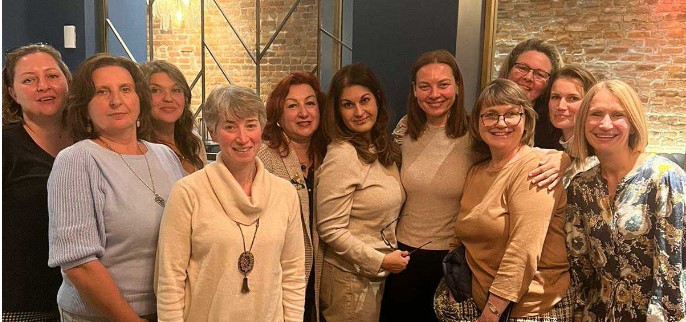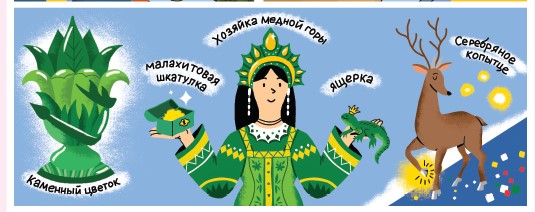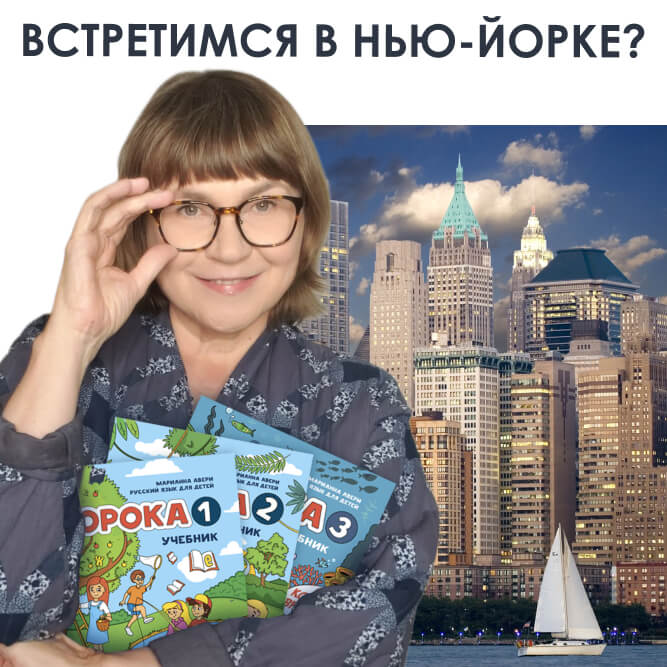*** The Spanish version of the Teacher’s Book for Soroka 1 has been published. I’m pleased to invite everyone to the presentation of the book, which will take place on Dec. 4, 2022, in the capital of Mexico – Mexico City.
*** The last coupon offer on all Teacher’s Books is available. Enter the code “tbook” in the coupon field to get the book at a lower price of $8.99.
This is the last promo code on the site, because statistics show that our clients don’t use codes to receive a discount. Even when we offered a 20 percent discount on all books, for some reason people purchased books at full price. For that reason, there will be no more promo codes on the site.






